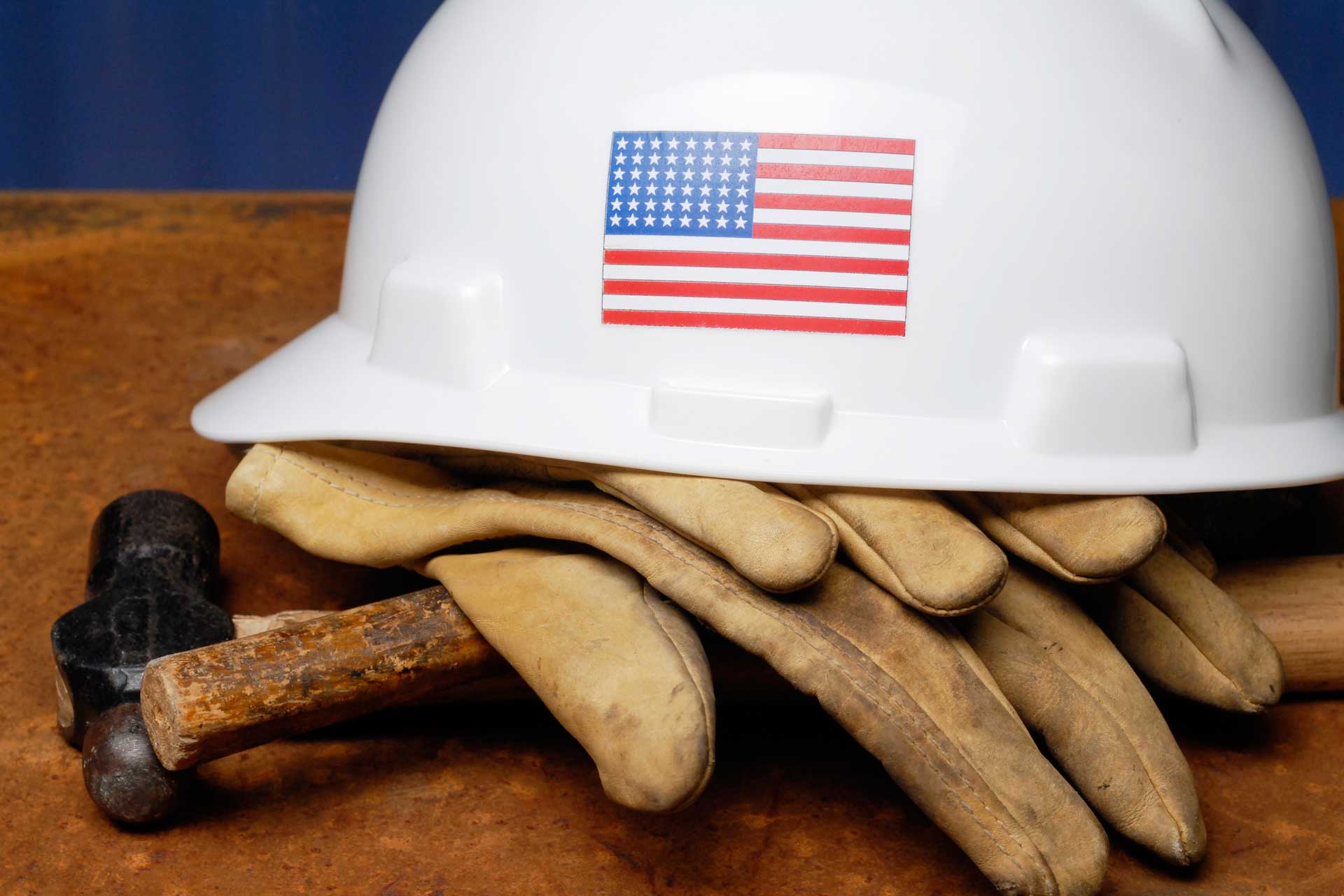Under the National Labor Relations Act (NLRA), unions owe their members a “duty of fair representation.” For example, a union may violate the act if it refuses or fails to process an employee grievance based on arbitrary, discriminatory, or bad faith reason. To the extent unions violate their duty of representation, they can be found by the National Labor Relations Board (NLRB) to have violated the act and have penalties imposed on them.
On Oct. 24, 2018, the NLRB general Counsel Peter Robb issued a memo informing the various NLRB regions that investigate charges that his office is seeking to take a closer look at the “mere negligence defense” often asserted by unions in these cases. Under current NLRB precedent, a union can defeat these types of charges if it can show its actions were “mere negligence.” In the memo, Robb explains:
“The General Counsel is committed to fair enforcement of the above-cited doctrines and cases. In an effort to enable employees to better understand the duty owed by a union representative and to help unions discern their duty owed to employees, the General Counsel offers the following clarification for Regions to apply in duty of fair representation cases. In cases where a union asserts a mere negligence defense based on its having lost track, misplaced or otherwise forgotten about a grievance, whether or not it had committed to pursue it, the union should be required to show the existence of established, reasonable procedures or systems in place to track grievances, without which, the defense should ordinarily fail.
Similarly, a union’s failure to communicate decisions related to a grievance or to respond to inquiries for information or documents by the charging party, in the General Counsel’s view, constitutes more than mere negligence and, instead, rises to the level of arbitrary conduct unless there is a reasonable excuse or meaningful explanation. This is so irrespective of whether the decisions, alone, would violate the duty of fair representation. In addition, where a union ultimately communicates with the charging party in a Section 8(b)(1)(A) duty of fair representation case only after he/she filed the [unfair labor practice] charge, such post-hoc communications should not furnish the basis for dismissal on grounds that the union’s conduct was mere negligence, nor should it be found to cure earlier violations resulting from a failure to communicate.
The General Counsel is aware that the above-described approaches may be inconsistent with the way Regional Directors may have been historically interpreting duty of fair representation law. Going forward, Regions are directed to apply the above principles to Section 8(b)(1)(A) duty of fair representation cases, and issue complaint where appropriate.”
Based on this change in direction, we may see more formal complaints against unions by the NLRB, which in turn could make unions more accountable to their members.














